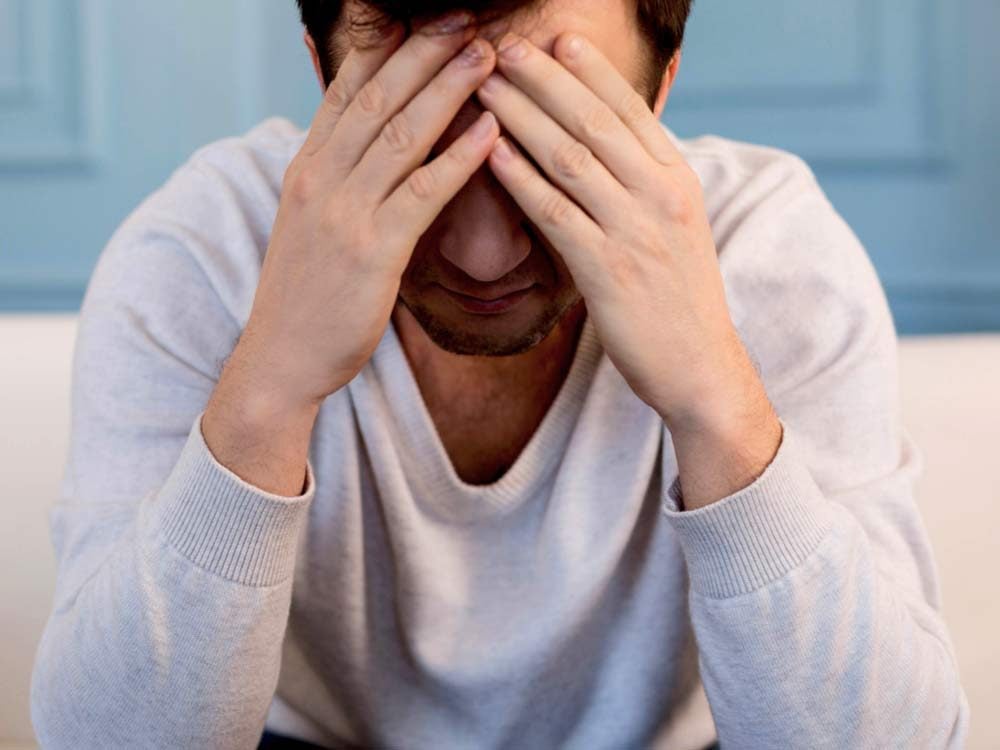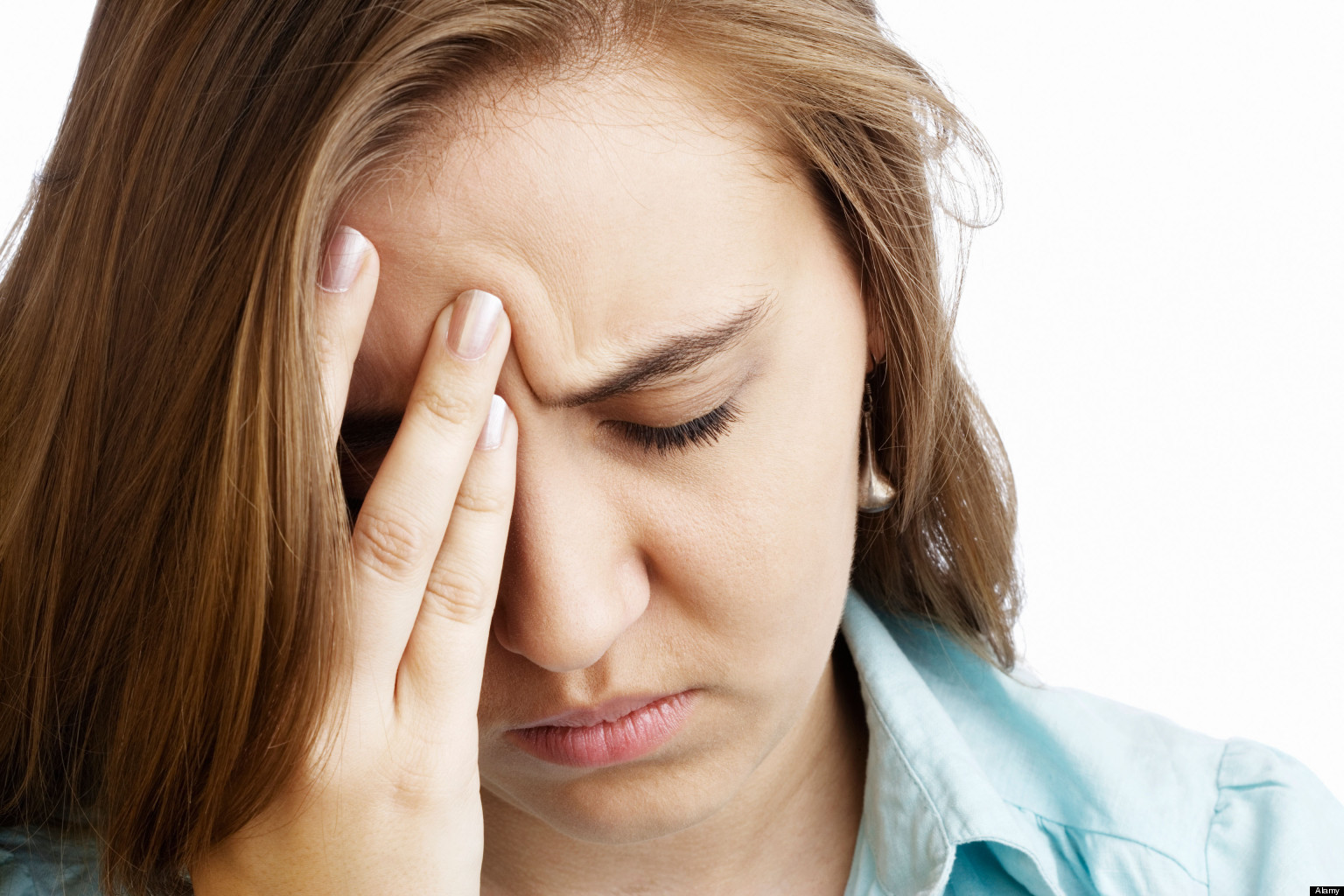Anxiety is more than just feeling worried or stressed; it's a battle that affects millions of people worldwide. Whether you're dealing with everyday stress or battling a diagnosed anxiety disorder, understanding this condition is key to finding relief. Imagine carrying a heavy burden you can't put down, and that's what living with anxiety feels like for many. But don't worry; we'll dive deep into this topic to uncover solutions and strategies to help you take back control.
Nowadays, anxiety has become a buzzword, but it's much more serious than just a trend. It's a real mental health issue that can impact every aspect of your life. From relationships to work performance, anxiety can make even the simplest tasks feel overwhelming. But here's the thing: you're not alone in this fight. Millions of people are going through the same struggles, and there are ways to manage and overcome it.
Throughout this article, we'll explore what anxiety really is, its causes, symptoms, and most importantly, how to deal with it effectively. We'll also share some tips and tricks from experts, so you can start feeling better today. So, grab a cup of coffee or tea, and let's dive into the world of anxiety together. You've got this!
Read also:Ayushi Jaiswal The Rising Star Whos Lighting Up The Entertainment World
Table of Contents
- What is Anxiety?
- Types of Anxiety Disorders
- Common Symptoms of Anxiety
- Understanding the Causes
- How Anxiety is Diagnosed
- Treatment Options for Anxiety
- Self-Help Strategies
- Lifestyle Changes for Anxiety Relief
- When to Seek Professional Help
- Preventing Anxiety in the Future
What is Anxiety?
Anxiety is like having a constant alarm in your head that won't turn off. It's a natural response to stress, but when it becomes excessive and persistent, it can be debilitating. Think of it as your body's way of telling you something is wrong, but sometimes, it gets stuck in overdrive. Anxiety isn't just about feeling nervous; it's a complex emotional and physical reaction that can affect your entire well-being.
In simple terms, anxiety is your body's fight-or-flight response gone haywire. It's like your brain is constantly preparing for danger, even when there isn't any real threat. This can lead to a host of physical and emotional symptoms that make daily life challenging. But don't worry; we'll break it down further and explore how you can manage it effectively.
Is Anxiety a Mental Health Disorder?
While occasional anxiety is normal, chronic anxiety can develop into a mental health disorder. When anxiety starts interfering with your daily life, it's time to take action. There are different types of anxiety disorders, each with its own set of symptoms and triggers. Understanding these differences is crucial for finding the right treatment and support.
Types of Anxiety Disorders
Anxiety isn't a one-size-fits-all condition; it comes in various forms, each with its own characteristics. From generalized anxiety disorder (GAD) to panic attacks, understanding the different types can help you identify what you're dealing with. Let's break it down and explore the most common anxiety disorders:
- Generalized Anxiety Disorder (GAD): Persistent worry about everyday things.
- Panic Disorder: Sudden and intense episodes of fear that peak within minutes.
- Social Anxiety Disorder: Fear of social situations and being judged by others.
- Phobias: Irrational fear of specific objects or situations.
- Separation Anxiety Disorder: Fear of being away from loved ones or home.
Which Type of Anxiety Do You Have?
Identifying the type of anxiety you're experiencing is the first step toward recovery. Each disorder has unique symptoms and treatment options, so it's essential to get an accurate diagnosis. If you're unsure, consulting a mental health professional can provide clarity and guidance.
Common Symptoms of Anxiety
Recognizing the signs of anxiety is crucial for early intervention. Symptoms can vary from person to person, but some common ones include:
Read also:Karoline Leavitt Bra Size The Full Story Yoursquove Been Waiting For
- Excessive worry or fear
- Restlessness or feeling on edge
- Difficulty concentrating
- Sleep disturbances
- Physical symptoms like sweating, trembling, or rapid heartbeat
These symptoms can make daily life challenging, but the good news is that they can be managed with the right approach. We'll explore some effective strategies later in this article.
Physical vs. Emotional Symptoms
Anxiety affects both your mind and body. While emotional symptoms like fear and worry are obvious, physical symptoms can be just as debilitating. From stomachaches to headaches, the physical toll of anxiety can take a serious toll on your health. Understanding this connection is key to addressing the root cause.
Understanding the Causes
So, what causes anxiety in the first place? The answer isn't always straightforward. Genetics, environment, and life experiences can all play a role in developing anxiety. For some, it's triggered by a traumatic event, while for others, it's a combination of factors. Let's explore some of the most common causes:
- Genetics: If anxiety runs in your family, you may be more prone to developing it.
- Life Events: Trauma, stress, or significant life changes can trigger anxiety.
- Brain Chemistry: Imbalances in neurotransmitters can contribute to anxiety.
- Medical Conditions: Certain health issues can cause or exacerbate anxiety symptoms.
While you can't always control the causes of anxiety, you can take steps to manage its effects. We'll discuss some practical solutions in the next section.
Can Anxiety Be Prevented?
While you can't always prevent anxiety, there are steps you can take to reduce your risk. Maintaining a healthy lifestyle, managing stress, and seeking support when needed can make a big difference. Prevention is key, and we'll dive deeper into this topic later in the article.
How Anxiety is Diagnosed
Getting a proper diagnosis is the first step toward managing anxiety. Mental health professionals use a variety of tools and assessments to determine if you have an anxiety disorder. These may include:
- Psychological evaluations
- Physical exams
- Questionnaires and self-assessments
It's important to be honest and open with your healthcare provider about your symptoms and experiences. This will help them make an accurate diagnosis and develop a personalized treatment plan.
Why is Diagnosis Important?
A diagnosis provides clarity and direction for treatment. Without a proper diagnosis, it can be challenging to find effective solutions. If you suspect you have anxiety, don't hesitate to seek professional help. Early intervention can make a significant difference in your recovery journey.
Treatment Options for Anxiety
There are several effective treatments available for anxiety, ranging from therapy to medication. The key is finding the right approach for your specific needs. Let's explore some of the most common treatment options:
- Cognitive Behavioral Therapy (CBT): A structured approach to changing negative thought patterns.
- Medication: Antidepressants and anti-anxiety medications can help manage symptoms.
- Exposure Therapy: Gradual exposure to feared situations to reduce fear response.
- Mindfulness and Meditation: Techniques to help you stay present and reduce stress.
Treatment is highly individualized, so what works for one person may not work for another. It's important to work closely with your healthcare provider to find the best solution for you.
Combining Treatments for Best Results
Many people find that combining different treatments yields the best results. For example, therapy paired with medication can provide both short-term relief and long-term coping strategies. Don't be afraid to experiment and find what works best for you.
Self-Help Strategies
While professional help is invaluable, there are also many self-help strategies you can use to manage anxiety. These techniques can empower you to take control of your mental health and reduce symptoms. Here are some ideas to get you started:
- Practice deep breathing exercises
- Keep a journal to track your thoughts and feelings
- Engage in regular physical activity
- Limit caffeine and alcohol intake
Self-help strategies are empowering because they put the power in your hands. By incorporating these techniques into your daily routine, you can start feeling better right away.
Building a Self-Care Routine
A self-care routine is essential for managing anxiety. It involves prioritizing your mental and physical health through consistent practices. Whether it's meditation, yoga, or simply taking time for yourself, self-care can make a big difference in how you feel.
Lifestyle Changes for Anxiety Relief
Making lifestyle changes can have a profound impact on your anxiety levels. From diet to sleep habits, small changes can lead to big improvements. Let's explore some lifestyle adjustments that can help:
- Adopt a balanced diet rich in whole foods
- Get regular exercise to boost endorphins
- Prioritize quality sleep each night
- Practice stress-reducing activities like yoga or tai chi
These changes may seem simple, but they can have a powerful effect on your overall well-being. Incorporating them into your daily routine can help you manage anxiety more effectively.
Why Sleep is Crucial for Anxiety Management
Sleep plays a vital role in mental health, and poor sleep can exacerbate anxiety symptoms. Creating a bedtime routine and ensuring you get enough rest can make a significant difference in how you feel. Prioritizing sleep is one of the best things you can do for your mental health.
When to Seek Professional Help
While self-help strategies and lifestyle changes can be effective, sometimes professional help is necessary. If your anxiety is severely impacting your life, it's time to seek support. Here are some signs that it's time to reach out:
- Your symptoms are worsening despite your efforts
- Anxiety is interfering with your daily responsibilities
- You're experiencing suicidal thoughts or feelings
Don't hesitate to reach out for help when you need it. Mental health professionals are trained to support you and guide you toward recovery.
Breaking the Stigma Around Mental Health
Seeking help for anxiety doesn't mean you're weak; it means you're taking control of your life. Breaking the stigma around mental health is crucial for encouraging more people to seek the support they need. Remember, you're not alone, and there's no shame in asking for help.
Preventing Anxiety in the Future
While you can't always prevent anxiety, there are steps you can take to reduce your risk. Building resilience and adopting healthy habits can make a big difference in your mental health. Here are some prevention strategies to consider:
- Stay connected with friends and family
- Practice stress management techniques regularly
- Seek support when needed, even if it's just for a check-in
Prevention is all about being proactive and taking care of your mental health before problems arise. By incorporating these strategies into your life, you can reduce your risk of developing anxiety in the future.
Final Thoughts on Anxiety Management
Anxiety doesn't have to control your life. With the right tools, strategies, and support, you can take back control and live a fulfilling life. Remember, you're not alone in this journey, and there are countless resources available to help you along the way. Keep pushing forward, and don't be afraid to ask for help when you need it.
So, what's next? Take the first step today by implementing some of the strategies we've discussed. Whether it's reaching out to a therapist, starting a self-care routine, or making lifestyle changes, every step counts. You've got this!


